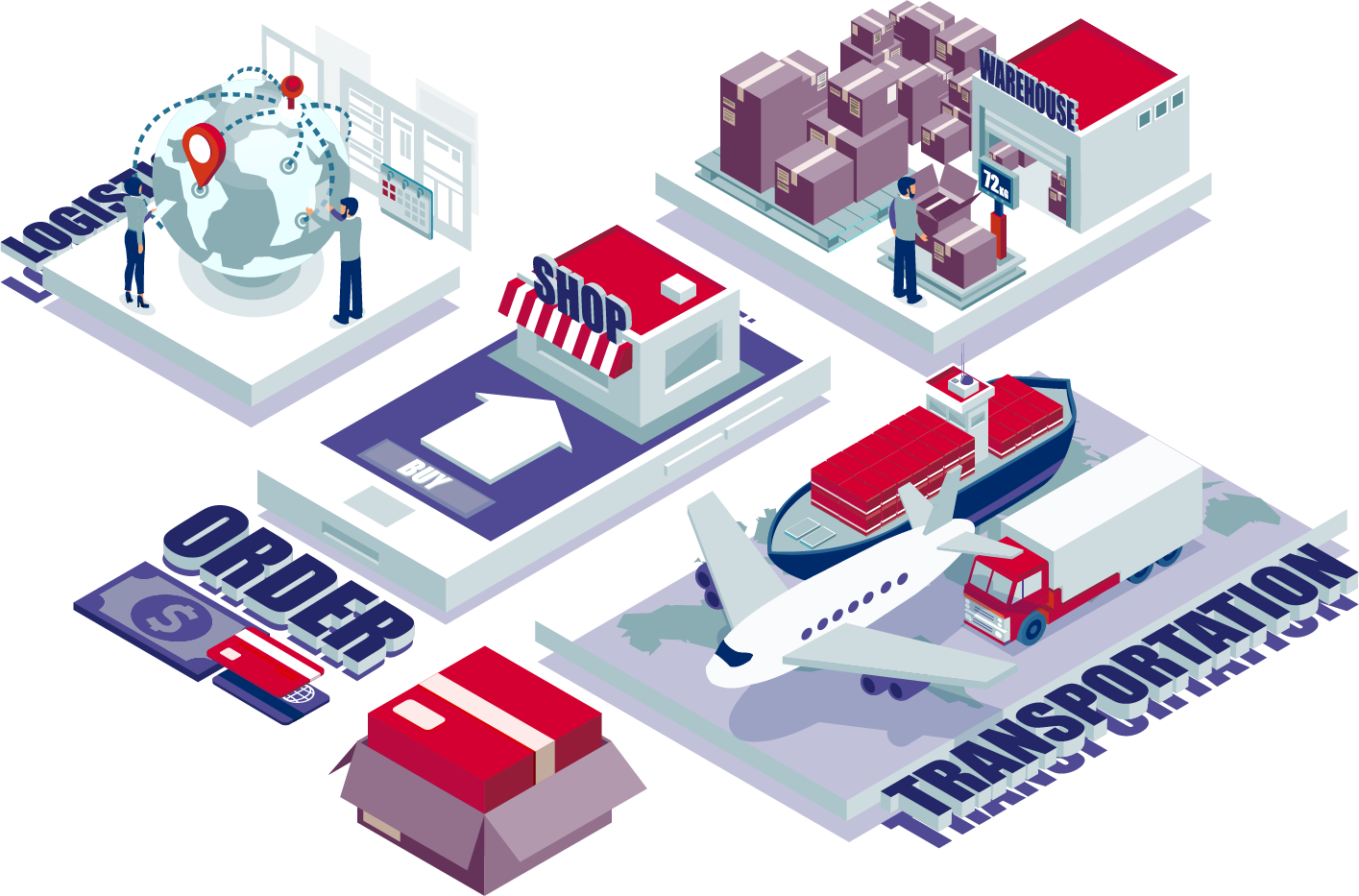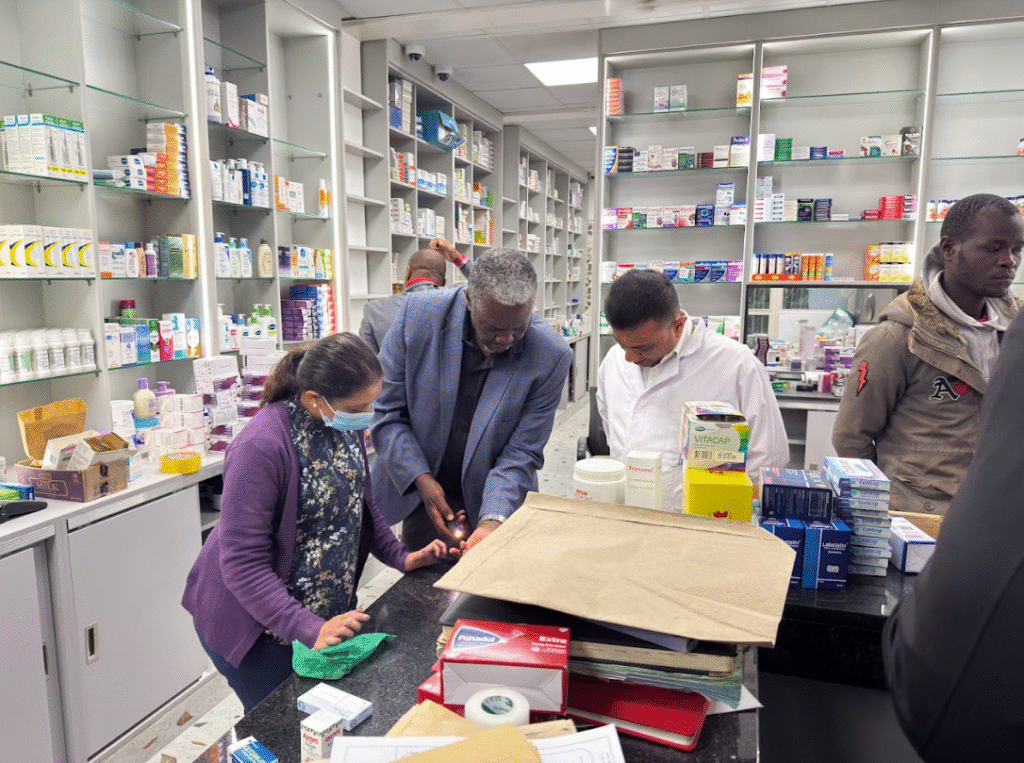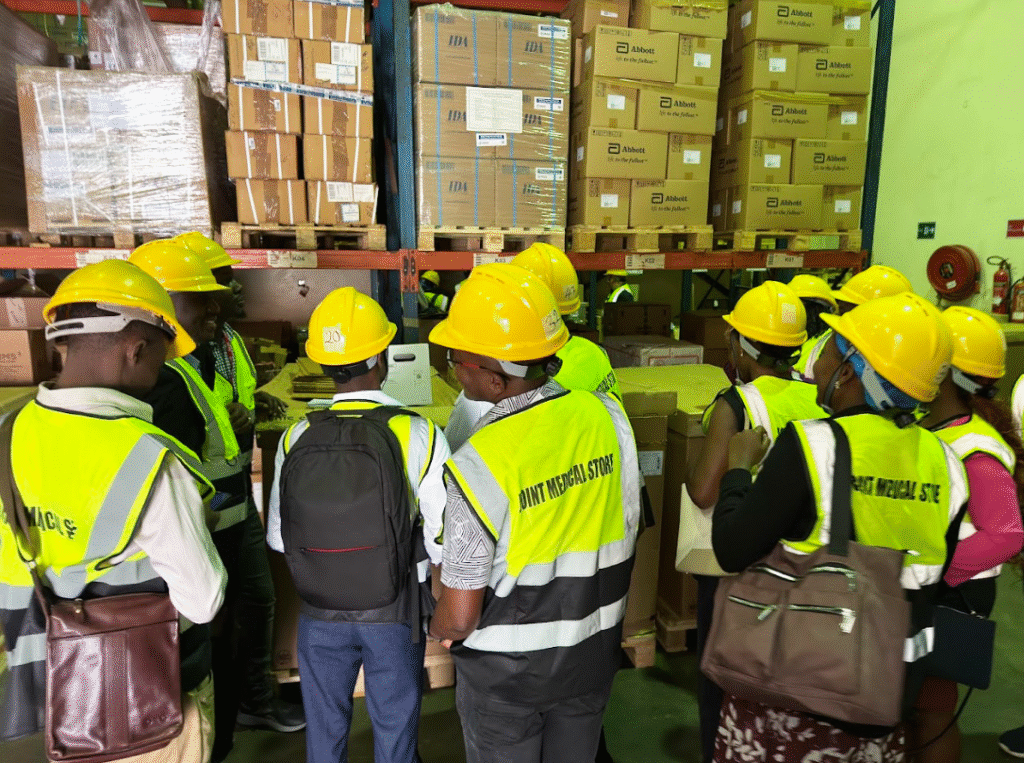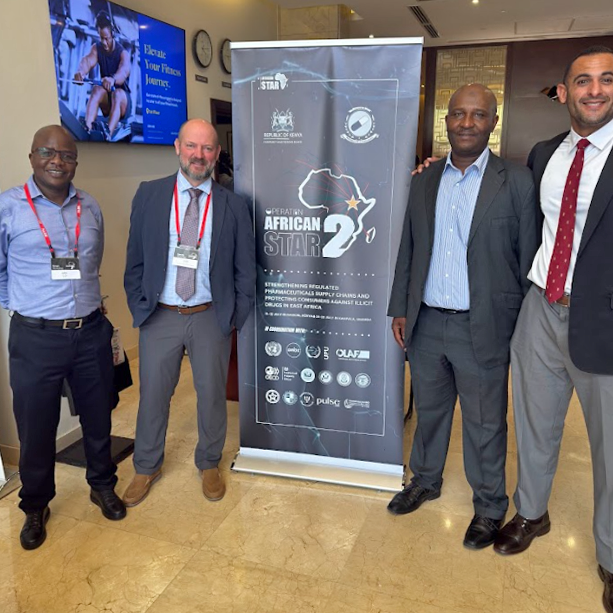


The July 2025 Pharmaceutical Traceability Pilot Program in Kenya and Uganda, a cornerstone of Operation African Star 2, was more than just a series of workshops; it was a profound testament to what can be achieved when global partners unite with a shared vision for public health. As someone deeply invested in strengthening pharmaceutical supply chains, witnessing the dedication and engagement in Nairobi and Kampala left a lasting impression, reinforcing my belief in the transformative potential of initiatives like this.
This pilot program, a collaborative effort involving Operation African Star, the National Association of Boards of Pharmacy (NABP), the Pharmacy and Poisons Board (PPB) of Kenya, and the Uganda National Drug Authority (NDA), is poised to enhance the integrity of pharmaceutical supply chains in the region. Our goal was clear: to combat the rising threat of illicit and substandard medicines that endanger patients worldwide.

The workshops were meticulously designed, combining classroom training with invaluable hands-on field exercises. Participants received training on Pulse by NABP™, which will be used to track human drugs from their point of entry into Kenya and Uganda through to dispensing by participating pharmacists. Beyond Pulse, stakeholders also learned how to utilize the INCB’s IONICS Platform, a secure online platform dedicated to real-time communications of incidents involving suspicious shipments, trafficking, or illicit manufacture of dangerous pharmaceutical substances.
What truly struck me was the practical application of this knowledge during the field exercises. We weren’t just talking about traceability; we were actively scanning pharmaceutical products in real-world environments, including mail service facilities, drug warehouses, and pharmacies. This direct engagement was instrumental in establishing building blocks for drug traceability.
The results of these exercises were incredibly promising. In Nairobi, pilot teams scanned 297 pharmaceutical products across 13 locations, while in Kampala, 434 products were scanned across 14 locations. Products ranged from cancer medications to diagnostic kits, highlighting the breadth of impact this program can have. Crucially, Pulse by NABP successfully captured scan data for over 99.9% of products scanned.

While not a panacea, this experience underscored the critical need for a robust, accessible, and affordable system to trace pharmaceutical products and the fact that Pulse can serve as an additional building block for the work already underway in Kenya and Uganda. Furthermore, the more pharmaceutical manufacturers and donor organizations share their Global Trade Item Numbers (GTINs), the greater visibility and impact regulatory bodies like the PPB and NDA will achieve in detecting diverted and identifying substandard or falsified medications.
For me, personally, this pilot was a powerful reminder of NABP’s mission to protect public health and the immense potential we have to extend our impact beyond the United States. Our Pulse platform has already proven its value in the US, being utilized by regulators in over 30 states and by the United States Drug Enforcement Administration (DEA) to enhance supply chain security and identify illegitimate products. Seeing its seamless application and the enthusiasm of our partners in Kenya and Uganda solidified my belief that this technology can be a global game-changer.

The lessons learned and the connections forged during these workshops represent a significant step forward in building a more secure and transparent pharmaceutical supply chain in Africa. It is truly inspiring to be part of an initiative that is equipping regulators and stakeholders with the necessary tools and expertise to protect patients from the dangers of illicit medicines.
I am incredibly optimistic about the profound impact Operation African Star 2 will have on patient safety in East Africa and beyond. The journey towards a safer, more secure global pharmaceutical supply chain has truly just begun.